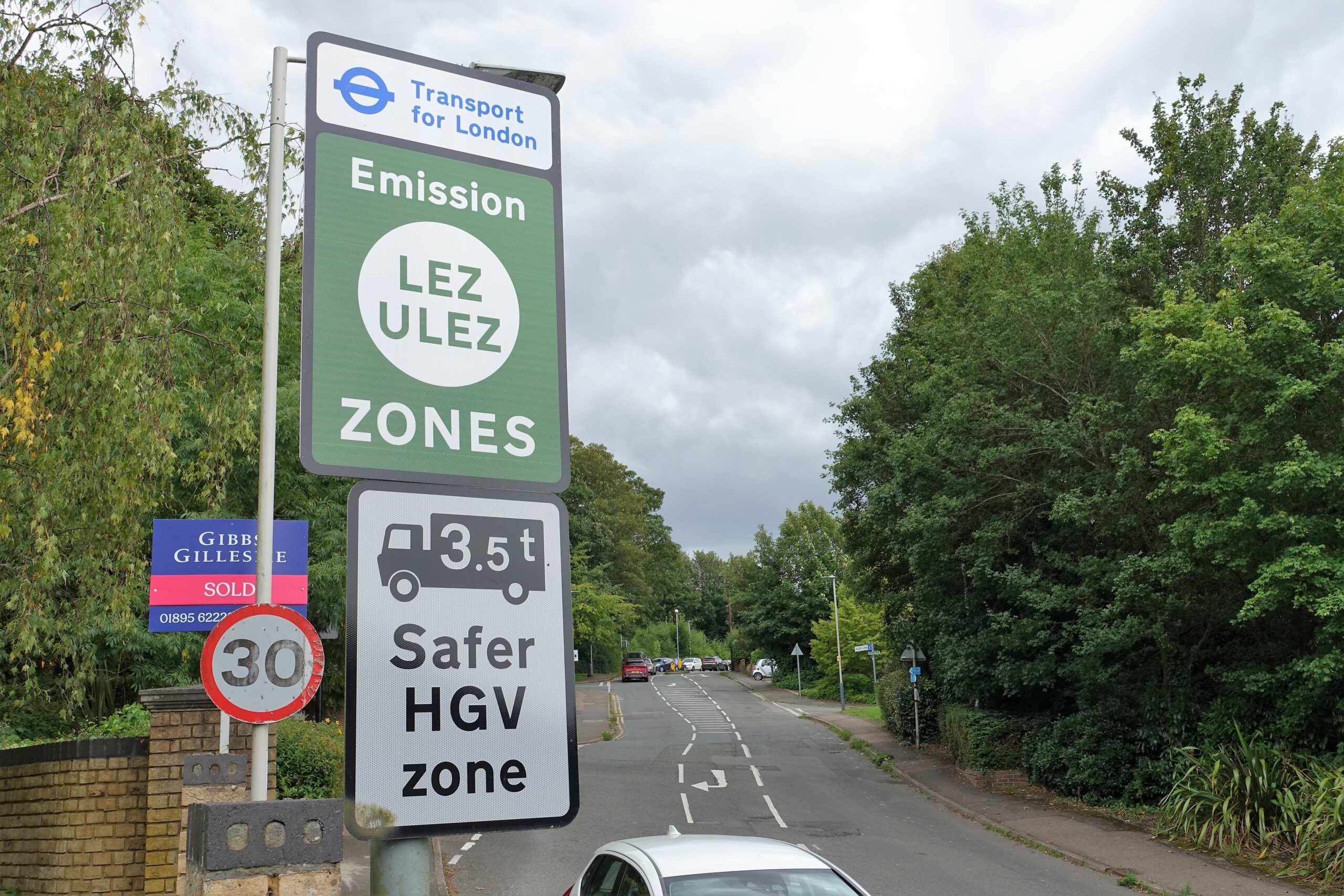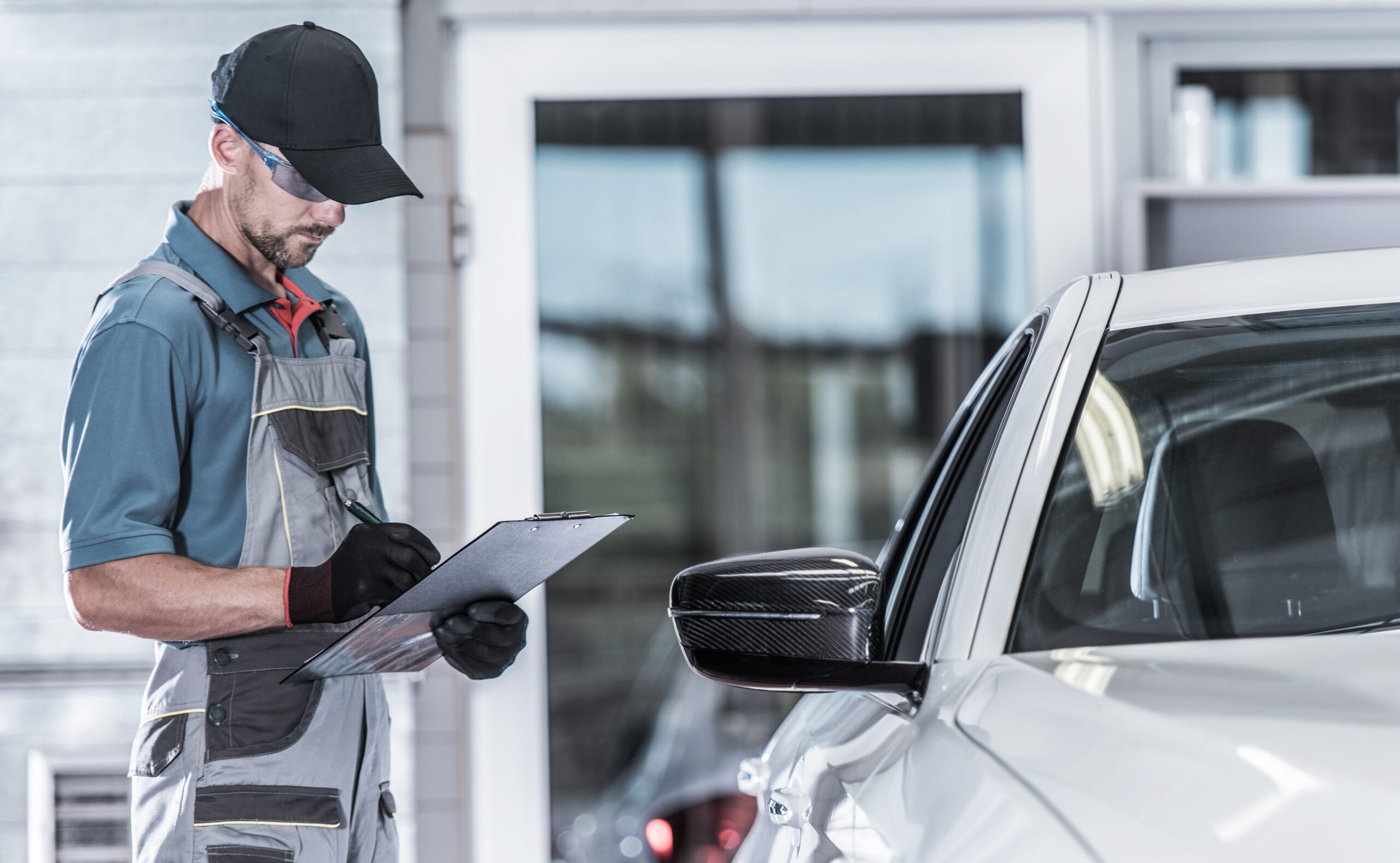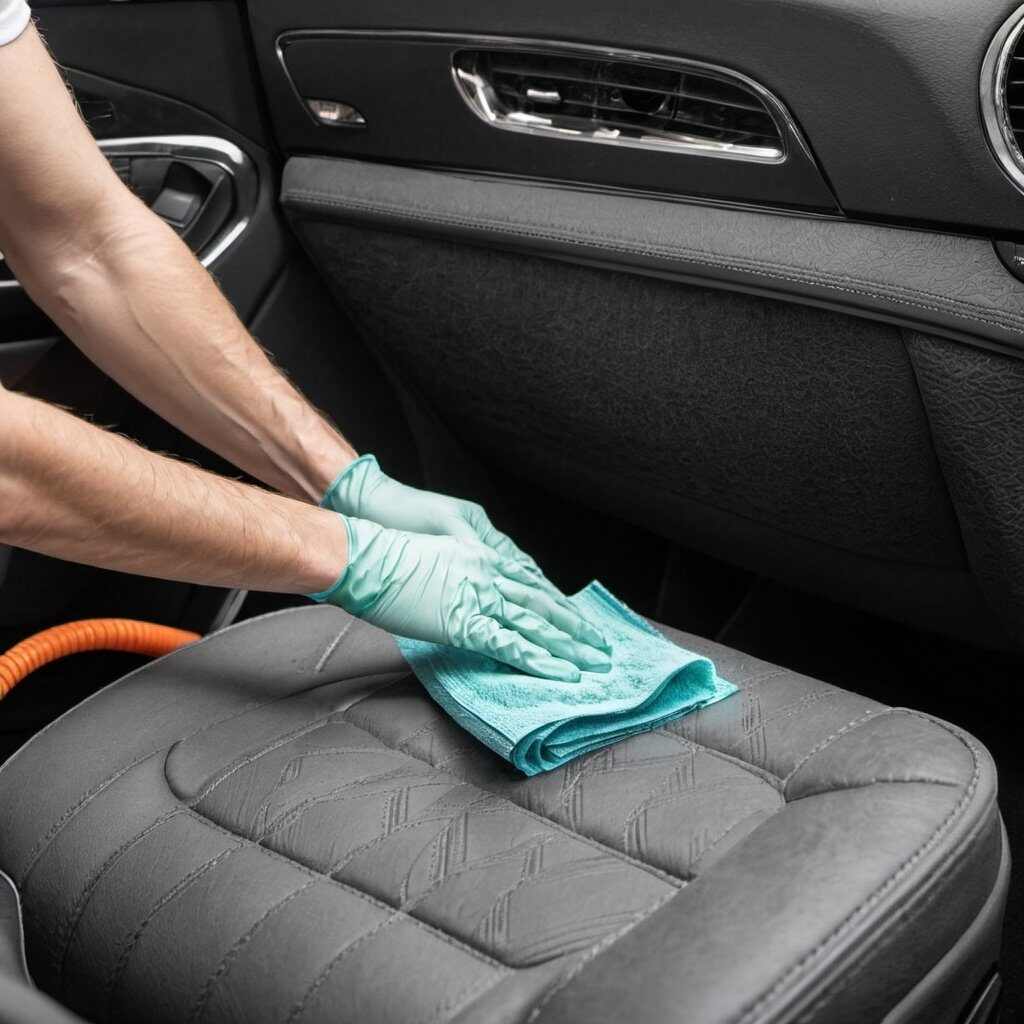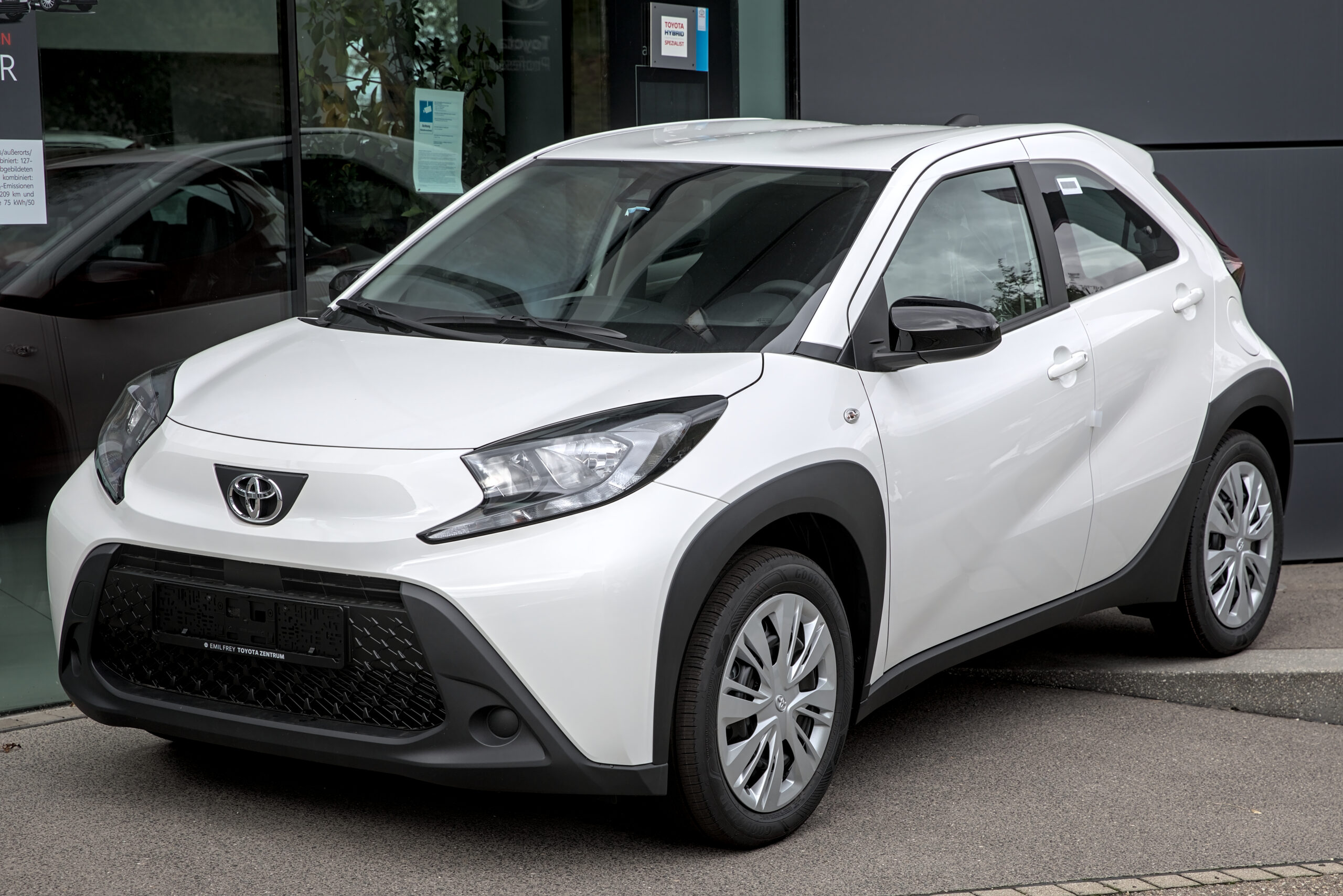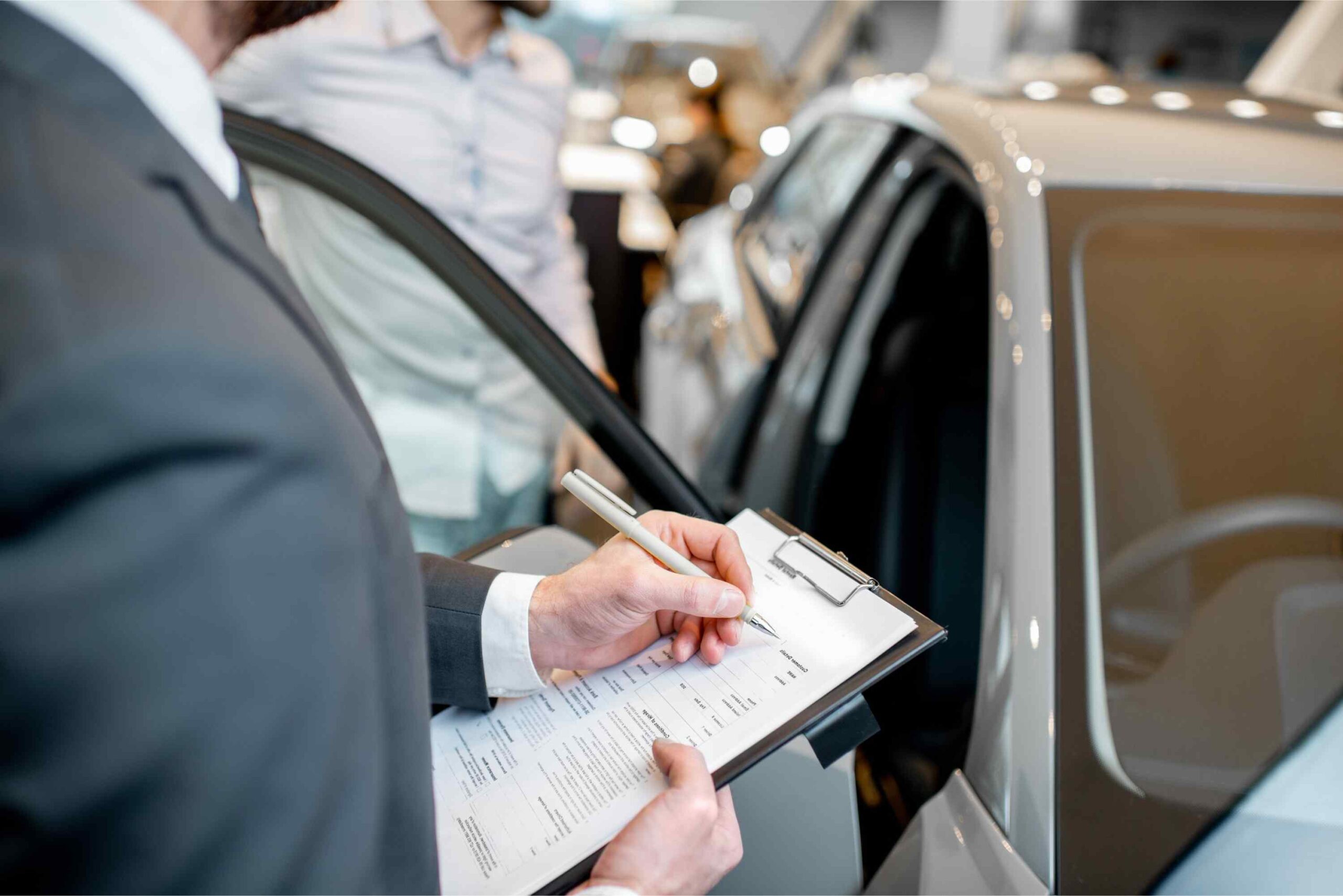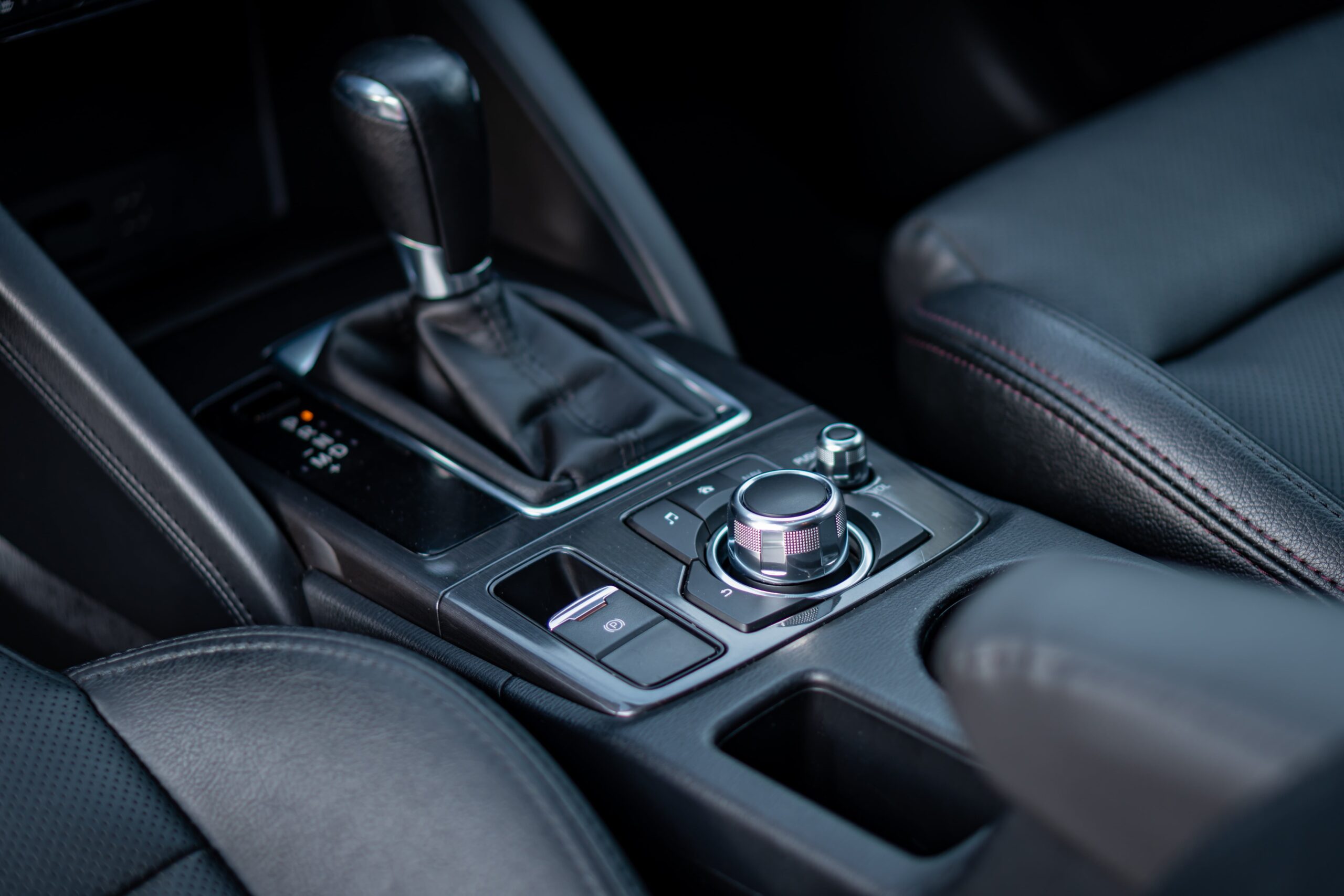
How to Sell a Car in 2023: Definitive Guide
Selling your car can be daunting, especially when you’re unfamiliar with the process. The good news is, in the UK, selling your car has never been easier. With the ever-increasing demand for used cars, it’s the perfect time to sell your vehicle.
However, with so many options and platforms, it can be overwhelming to choose the right one. In this comprehensive guide, we’ll take you through everything you need to know about selling your car in the UK in 2023.
Overview of the Current Car Market Landscape
When you plan to sell your car, understanding the current landscape is crucial for individuals looking to sell their cars and make informed decisions. Here’s an overview of the key aspects shaping the car selling landscape in the UK.
Digital Transformation of the UK Car Market
Digital transformation has significantly impacted the UK car market, revolutionising how vehicles are bought, sold, and serviced. Here are some key aspects of digital transformation in the car market:
- Online Car Sales Platforms: The rise of online car sales platforms has transformed the traditional car buying process. Potential car buyers can now browse through extensive inventories, compare prices, and access detailed information about cars without leaving their homes.
- Virtual Showrooms and VR Test Drives: Digital transformation has introduced virtual showrooms and virtual test drive experiences. Through virtual reality (VR) and augmented reality (AR) technologies, customers can explore and interact with cars virtually, getting a close look at the interior and exterior features.
- Data-driven Insights: Digital transformation has enabled the collecting and analysing vast amounts of data in the car market. Automotive companies can leverage data analytics and artificial intelligence (AI) to gain valuable insights into consumer preferences, market trends, and predictive maintenance.
- Connected Cars and IoT: The integration of Internet of Things (IoT) technology in cars has transformed the driving experience. Connected cars can collect and transmit data in real time, enabling vehicle diagnostics, remote monitoring, and enhanced safety features.
- Online Financing and Insurance: Digital transformation has simplified car buyers’ financing and insurance processes. Online platforms and tools allow customers to compare financing options, calculate loan rates, and obtain instant insurance quotes.
- Electric Vehicle (EV) Adoption: Digital transformation has played a significant role in driving the adoption of electric vehicles (EVs). Online platforms provide comprehensive information on EV models, charging infrastructure, and incentives. EV range calculators and route planners help users plan their journeys effectively, considering charging station locations and charging times.
Overall, digital transformation has brought about a paradigm shift in the car market in the UK. It has empowered consumers with greater access to information, convenience, and personalised experiences. As technology advances, the car market will witness further digital innovations, shaping how cars are bought, sold, and serviced in the future.
RELATED: What is the Best Season to Sell My Car?
Government Support and Incentives
Government incentives play a significant role in shaping the car market in the UK. Here are some key points to consider:
- Electric Vehicle (EV) Incentives: The UK government has introduced several incentives to promote the adoption of electric vehicles. These incentives include grants for purchasing EVs, such as the Plug-in Car Grant, which provides financial support to buyers of eligible low-emission vehicles.
- Vehicle Excise Duty (VED): The government’s VED, also known as road tax, is based on a vehicle’s emissions. It is designed to incentivize lower-emission vehicles by imposing lower tax rates on greener cars. This approach encourages car owners to sell their vehicles with higher emissions.
- Clean Air Zones: The UK government has implemented Clean Air Zones (CAZs) in certain cities to address air pollution issues. These zones aim to improve air quality by charging vehicles that do not meet specified emission standards. The introduction of CAZs encourages individuals to opt for vehicles that comply with emission regulations, such as electric or hybrid cars, contributing to a shift in consumer preferences and the growth of the electric vehicle market.
- Company Car Taxation: The government has introduced measures to incentivise the adoption of low-emission vehicles in company car fleets. The Benefit-in-Kind (BIK) tax system imposes lower tax rates on electric and hybrid vehicles, making them more attractive options for businesses and fleet operators. This encourages the integration of greener vehicles into corporate fleets, driving the demand for electric and hybrid cars.
- Future Policy Initiatives: The UK government has set ambitious targets to reduce carbon emissions and achieve net-zero emissions by 2050. As part of these efforts, additional policies and incentives are likely to be introduced to promote further the adoption of low-emission vehicles and sustainable transportation solutions.
Government incentives benefit the environment, influence consumer behaviour, and contribute to the growth of the electric and low-emission vehicle market in the UK.
The Cost of Living Crisis and the UK Car Market
The cost of living crisis in the UK has significantly impacted car sales. The crisis, characterised by rising inflation, stagnant wages, and increased living expenses, has put a strain on household budgets.
As a result, households may have limited financial resources available for major purchases like cars. High living costs can lead to decreased discretionary spending and a more cautious approach to big-ticket purchases.
With the rising cost of living, many people find it challenging to afford new cars or even maintain their existing vehicles. Car ownership comes with various expenses, including fuel, insurance, road tax, and maintenance costs. The increased financial burden can deter people from purchasing more expensive cars or upgrading to newer models.
As the cost of living rises, there is an increased demand for affordable car options. Consumers may opt for used cars or lower-priced models to manage their budget effectively. This trend can impact the sales of new cars, particularly in higher price ranges. In addition, lenders may tighten their borrowing criteria or offer less favourable loan terms, making it more difficult for individuals to secure car financing.
While the cost of living crisis poses challenges for the car sales industry in the UK, it also presents opportunities for manufacturers and dealerships to innovate and offer more affordable options. No wonder many people consider selling their cars. Let’s explore all the possible options to sell your car.
How to Sell Your Car In 2023?
While the car selling landscape in the UK has witnessed significant digital transformation, plenty of car selling options may be suitable for different kinds of car owners. Let’s get started!
Private Car Sale
Selling a car privately in the UK may be a rewarding experience, but it also requires careful planning and a lot of effort. Here are the steps to sell a car privately:
- Prepare Your Car: Clean and prepare your car for sale. Take care of any necessary repairs, ensure it is in good condition, and gather all relevant documents, including service history, MOT certificates, and logbook (V5C).
- Determine the Price: Research the market value of your car by checking similar models, mileage, and condition. Consider factors such as age, mileage, condition, and any additional features or modifications. Set a realistic and competitive price for your vehicle.
- Advertise Your Car: Create an attractive and informative advertisement. Take high-quality photos showcasing your car’s best features and detailed descriptions, including its make, model, year, mileage, service history, and any special features. Advertise your car on online classifieds or social media groups.
- Respond to Inquiries: Be responsive to potential buyers’ enquiries and provide accurate information about your car. Arrange viewings and test drives with interested parties. Ensure your availability to accommodate their schedules.
- Negotiate and Finalise the Sale: Be prepared to negotiate the price with potential buyers. Once you reach an agreement, ensure you have a secure payment method in place. It is advisable to accept payment via bank transfer or cashier’s check. Be cautious of potential scams and fraudulent payment methods.
- Complete the Necessary Documentation: Provide the buyer with a receipt or sales agreement that includes both parties’ details, the vehicle’s details, the agreed-upon price, and signatures. Complete the V5C logbook transfer section and notify the DVLA of the sale.
Pros and cons of selling a car privately
Overall, selling a car privately may fetch a higher price compared to trading it in or selling it to a dealership. However, the process of selling a car privately requires time and effort to create compelling advertisements, respond to inquiries, arrange viewings, and negotiate with potential buyers. Compared to dealerships or online car buying platforms, selling privately may have a more limited reach, potentially resulting in a smaller pool of potential buyers.
Also, meeting with strangers for test drives and negotiations can carry some safety risks. It’s important to take precautions and prioritise personal safety during the process.
When selling a car privately, it is typically sold “as-is,” without any warranty or guarantees. Buyers may be more cautious when purchasing a vehicle without warranty protection.
Before deciding to sell your car privately, carefully weigh the pros and cons based on your specific circumstances and be prepared to receive a smaller profit compared to your time and money investment.
Selling a Car Using Online Platforms
Selling a car through online selling platforms has become increasingly popular due to its convenience and wide reach. Here’s a short overview of the process:
- Get Armed with Details: To sell your car online, prepare some basic details about your car. For example, you only need your REG number and mileage on Exchange My Car to start selling your car. We are all for making things really simple for you.
- Get a Free Valuation: In just a few clicks, you get a competitive price for your car based on factors such as its market value, condition, age, and demand. On Exchange My Car, this is the actual price that trusted buyers are ready to pay.
- Finalising the Sale: Once you’ve connected with a potential buyer and negotiated the terms, you can finalise the sale. This may involve meeting in person for inspection and agreeing on the payment method.
Benefits of selling a car via online platforms
One of the major benefits of selling via online selling platforms is access to a large pool of potential buyers, significantly expanding your reach beyond local markets and helping you achieve a higher valuation. This increases the chances of finding a buyer quickly and securing a fair price for your car.
In addition to that, compared to traditional methods like newspaper ads or physical car lots, online selling platforms often have lower costs or even free services. This allows you to maximise your selling potential without incurring significant expenses.
Last but not least, reputable online platforms typically provide security measures and guidelines to ensure a safe and transparent selling experience. These may include verification processes, trusted verified car buyers, quick deal progress, and secure payment options, giving you peace of mind throughout the transaction.
As you can see, selling a car through online platforms can offer a range of benefits, from wider audience reach to convenience and cost savings. Choosing reputable platforms, providing accurate information about your car, and communicating effectively with potential buyers is important to ensure a successful and satisfying selling experience.
Thinking of selling your car?
Selling your car is as easy as 1-2-3. Simply enter your car registration and mileage to reveal the instant cash offer. Start today!
Selling a Car to Dealerships
Selling a car to dealerships can be a convenient and hassle-free option for many individuals. Here is a short overview of the process and the pros and cons of selling a car to dealerships.
Steps to Sell a Car to Dealerships
- Appraisal: Visit a dealership and have your car appraised. The dealer will assess your vehicle’s condition, mileage, and market value to determine an offer price.
- Offer Negotiation: Once the appraisal is complete, the dealer will provide you with an offer for your car. You can negotiate the price if you feel it does not meet your expectations.
- Finalising the Sale: If you accept the dealer’s offer, you will proceed to finalise the sale. The dealer will handle the necessary paperwork, including the transfer of ownership, and may assist with paying off any outstanding loans on the vehicle.
Is Selling a Car to Dealerships a Good Option for You?
Selling to a dealership is often a quick and convenient process. You can avoid the hassle of advertising, negotiating with potential buyers, and arranging test drives. Dealerships typically provide immediate payment for your car, which can be beneficial if you need the cash quickly.
However, keep in mind that dealerships often offer lower prices compared to private sales or selling through other methods. They must factor in their expenses, potential reconditioning costs, and profit margins. And while some dealerships may be open to negotiation, their offer may be less flexible. Remember, dealerships aim to maximise their profit margins on both the purchase and sale of vehicles. Plus, you should reserve a portion of your car-selling profits to arrange a taxi or public transport back home.
Part Exchange: What You Should Know
Part exchange, also known as a trade-in, is a process in which a car buyer offers their current vehicle as a partial payment towards purchasing another vehicle from a dealership. Rather than selling the car privately or through other methods, the seller uses their existing car’s value as credit towards the new purchase.
Here’s how the part exchange works:
- Evaluation: The dealership will assess the condition, age, mileage, and market value of the seller’s car to determine its trade-in value. This valuation is typically based on factors such as the vehicle’s make, model, overall condition, service history, and current market demand.
- Negotiation: The trade-in value of the seller’s car is then used as credit towards the new vehicle’s purchase price. The dealership will deduct the trade-in value from the total price of the new car, reducing the amount the seller needs to pay.
- Finalising the Deal: Once the trade-in value is agreed upon, the buyer and seller will proceed with the purchase of the new vehicle. The dealership will handle the paperwork, including transferring ownership of the trade-in vehicle.
Pros and cons of part exchange
At first glance, part exchange offers a convenient way to sell your car while simultaneously purchasing a new one. It eliminates the need for separate transactions and negotiations. Also, dealing with a dealership for both the sale and purchase can simplify the overall process. Ideally, you should experience a more seamless transition from your old car to the new one.
Part exchange can also impact the financing of the new vehicle. The trade-in value can be applied as a down payment, potentially reducing the amount financed and the associated monthly payments.
In general, part exchange offers may result in a lower sale price compared to selling the car privately. Dealerships factor in their costs and the need to resell the trade-in vehicle, which can affect the trade-in value.
Things to keep in mind when going for trade-in
Keep in mind that the trade-in value is subject to the assessment and valuation made by the dealership. While it’s possible to negotiate, the final offer may not always match the seller’s expectations. Still, you have less negotiating power towards your car value and your next car price.
Remember, it’s always easier to negotiate your next car once you have cash in hand. And if you already have an idea of the car you want to buy next, there’s a little chance that the same dealer who buys your car has exactly what you want and for the price you want to pay. At Exchange My Car, you can sell your car and immediately browse the suitable upgrade options – all without leaving the platform.
Selling a Car Through Auctions
Selling a car via an auction can be an alternative way to sell your vehicle. Here’s a short overview of the process, along with the pros and cons of selling a car through an auction:
Overview of Selling a Car Through an Auction
- Vehicle Inspection: Prior to the auction, your car will go through an inspection process to assess its condition and determine its market value.
- Listing and Bidding: Once the inspection is complete, your car will be listed in the auction catalogue. Potential buyers will have the opportunity to bid on your vehicle during the auction.
- Auction Day: On the designated auction day, interested buyers will participate in the bidding process. The highest bidder at the end of the auction wins the vehicle.
- Finalising the Sale: After the auction, the buyer will proceed with the necessary paperwork and payment. The auction house typically handles the paperwork and facilitates the transfer of ownership.
That’s right, auctions attract a diverse range of potential buyers, including dealerships, car enthusiasts, and individual buyers. This can increase the visibility and reach of your car to a larger audience. In addition, auctions often create a competitive environment, which can potentially drive up the price of your vehicle. If multiple buyers are interested, it may result in a higher selling price – but this doesn’t happen often.
The final selling price of your car at an auction is not guaranteed. It depends on the interest and bidding activity during the auction. Selling your car for less than your desired price is possible.
In addition to that, auction houses charge fees for listing and selling your vehicle. These fees can vary, so it’s essential to understand the costs associated with selling through an auction.
Participating in an auction requires preparation, such as having your car inspected and listed. Additionally, attending the auction and managing the paperwork can take time and effort.
Word of Mouth
Word of mouth remains a powerful tool in the traditional car selling process. Informing friends, family, and acquaintances about the intention to sell a car can often lead to potential buyers within personal networks. This method relies on personal referrals and recommendations, which can build trust and streamline the selling process.
Still, sellers should be aware that such processing of selling a car can be lengthy and unpredictable. If the deal doesn’t go through, you may also face worsened relationships with the person involved in the sale, especially if it’s a family friend or even a relative.
It’s worth noting that while traditional car selling methods, such as private selling or word of mouth, offer familiarity and convenience, they may require significantly more effort from the seller in terms of advertising, negotiating, and arranging viewings. Additionally, the final selling price may be a lot lower than expected.
Checklist: Choosing a Way to Sell Your Car
When it comes to selling your car, choosing the right method that suits your needs and helps you achieve a successful sale is essential. To assist you in making an informed decision, here’s a checklist of key considerations when choosing a way to sell your car:
Determine Your Priorities:
- Clarify your selling goals: Are you seeking the highest sale price, a quick sale, or convenience?
- Assess your time availability: Do you have the time to dedicate to the selling process, or do you need a more hands-off approach?
Research Your Options:
- Explore different selling methods: Consider private sales, dealerships, auctions or online car buying platforms.
- Understand the pros and cons of each method: Evaluate factors like control, convenience, reach, costs, and potential returns.
Set Your Price:
- Know how much you want to get: Of course, you know how much you paid for your car in the past, but it’s also important to consider your vehicle’s demand and natural depreciation.
- Determine the market value of your car: Use free car valuation tools, entering details such as make, model, year, mileage, service history and condition.
- Consider pricing strategies: Decide whether you want to set a fixed price, leave room for negotiation, or explore competitive bidding.
Evaluate Platform/Service Features:
- Assess audience reach: Determine if the platform/service has a wide user base or targets a specific market segment.
- Understand how much influence you have over the negotiation process.
Calculate Costs and Fees:
- Determine listing fees: Check for any charges for listing your car on a platform or engaging a service.
- Understand selling fees: Evaluate if there are transaction fees or other costs associated with the chosen method.
- Keep in mind the costs of return transportation (taxi, train or bus) if your car gets sold.
Consider Security and Safety:
- Ensure buyer verification: Verify if the platform or service has measures to authenticate potential buyers and protect against scams.
- Assess personal safety: If conducting private sales, prioritise meeting buyers in safe, public locations and taking necessary precautions.
Following this checklist, you can evaluate and compare the various selling options. But why face so much hassle?
Thinking of selling your car?
Selling your car is as easy as 1-2-3. Simply enter your car registration and mileage to reveal the instant cash offer. Start today!
Final Thoughts: Choosing a Way to Sell Your Car
As you can see, selling your car in the UK in 2023 needn’t be daunting. The latest technology allows you to reach the right car buyers without lengthy advertising, negotiating, and test-driving, and for a fraction of the time and effort required when selling your car privately or via an auction. Explore the benefits of selling your car using the Exchange My Car AI-powered “car matchmaking” platform.

